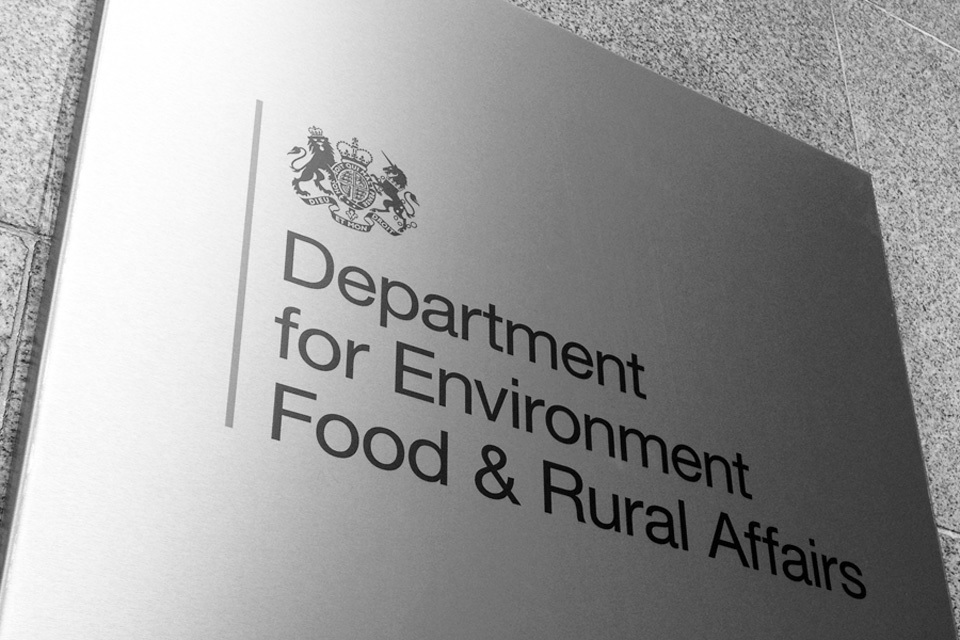
The government has been told to 'put its money where its mouth is' on sustainable farming by increasing the agriculture budget to £3.8 billion a year.
Bolstering the farming budget is key to kickstarting long-term growth in the rural economy, the Country Land and Business Association (CLA) has argued.
Increasing the budget from £2.4bn to £3.8bn a year by 2027-2028 would also deliver on many of the government’s environmental targets, the body said.
The plea comes just four weeks ahead of the Autumn Budget, as the farming industry continues to ask for more certainty regarding the post-Brexit agricultural transition process.
The Basic Payment Scheme (BPS), the previous system of support, is being phased out and while it was worth £1.84bn in 2020 it will fall to £480m in 2025 and disappear completely by 2028-2029.
Since UK left the EU, the previous Conservative government has been gradually moving to a new era of sustainable food production coupled with public payments for public goods.
But the farming budget has remained static since 2014, despite spikes in inflation, major shifts in the importance of UK food security, and recognition of the scale of the environmental challenges.
The CLA warned that with BPS payments disappearing, farming businesses "must not face a financial cliff-edge".
The body, which represents thousands of farmers and landowners, said it had set out a 'powerful rationale' for increasing the budget, and has today (1 October) set out a detailed analysis [PDF] of why this is important.
The paper sets out an assessment of the ringfenced agriculture budget needed in England to meet the government’s commitments from 2025-2026.
The analysis is built on enhancing current schemes and programmes to meet the objectives, rather than on radical re-invention.
CLA president, Victoria Vyvyan said: “Landowners can feed the nation and improve the environment – but they can't do it on a shoestring budget. Now is the time for a budget reset.
"Without the right economic, regulatory and political conditions, farmers will be unable to deliver on the multitude of societal demands that ultimately fall on them.
"We need to know the government's ambition is real and not just a good soundbite. Achieving their aims costs money, and the Treasury must put its money where its mouth is.”
The agriculture budget covers three main programmes, including the Environmental Land Management (ELM) scheme, with the CLA estimating that it will cost £1.5bn by 2027-2028.
The body said that high take-up of the various schemes will be crucial if the Environment Improvement Plan 2023’s targets are to be met.
The Nature for Climate programme, which covers woodland creation and peatland restoration, is also included in the agriculture budget, as is rural productivity, resilience and food security programmes.
It comes as the government recently confirmed a £358 million underspend of the agriculture budget, with the NFU calling it a 'kick in the teeth' for farmers.
Last month, Defra released findings from the Farming and Countryside Programme (FCP) annual report which showed an underspend of the budget over the past three years.
This includes £130 million in 2023-2024, £103 million in 2022-2023 and £125 million in 2021-2022.
